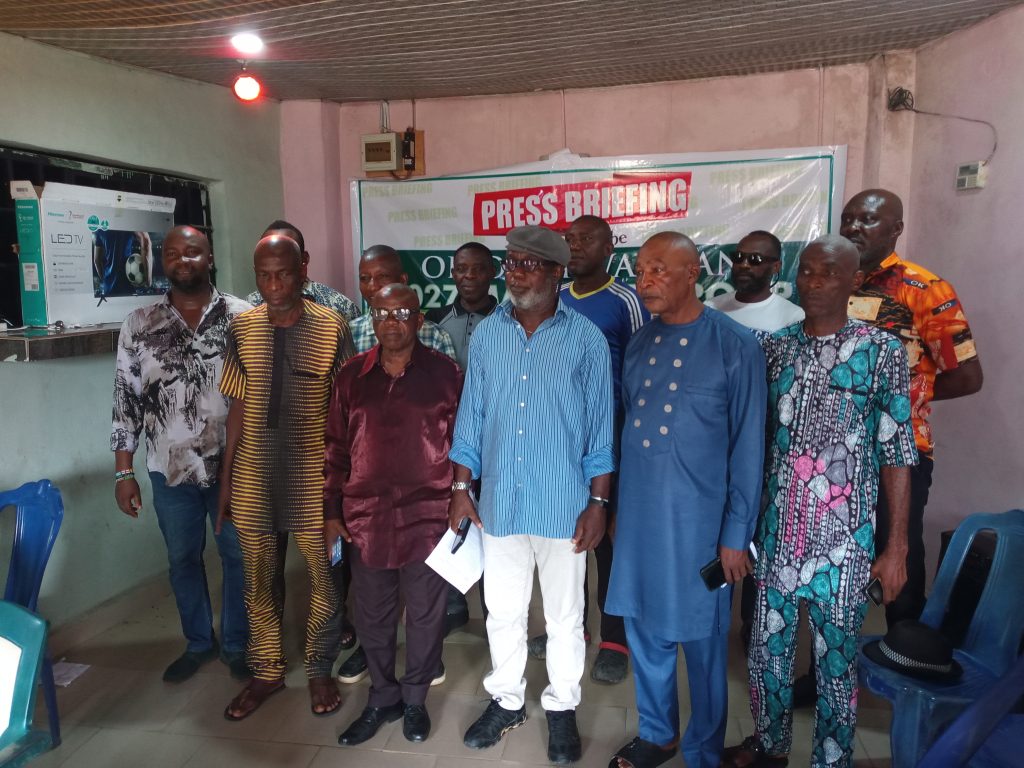Analysis
How Nigeria lost 7.68 million barrels of Crude Oil to theft

A fresh report released by the Nigeria Extractive Industries Transparency Initiative has shown that in 2023, 153.44 million barrels of crude oil were deferred.
The report noted that 153.44 million barrels of crude oil production were deferred in 2023, with companies like SPDC (39.13 million barrels), TEPNG (6.07 million barrels), and TUPNI (3.5 million barrels) being the most affected.
NEITI refers to deferment as a stoppage in production due to scheduled and unscheduled repairs and maintenances or pipeline breaks/leaks, poor equipment performance, etc.
The NEITI report also noted that a total loss of 7.68 million barrels of crude oil in 2023 were lost due to theft and measurement errors.
This is however a significant drop of 79 per cent from the 36.69 million barrels lost in 2022.
Nigeria has continued to battle with optimally utilizing its potential in the oil and gas sector with constant issues around the management of the sector.
The Nigerian government lamented that pipelines for transporting crude oil had expired and become corrosive.
This development comes despite spending N61 billion between 2022 and 2023 to maintain pipelines, according to details on the company’s financial statements.
The sum of N45.8 billion was spent in 2022 and another N16.2 billion in 2023 for pipeline maintenance.
The statement on the state of the pipelines were stated by the Minister of State for Petroleum Resources, Heineken Lokpobiri.
He said this while speaking at the Energy and Labour Summit 2024 organised by the Petroleum and Natural Gas Senior Staff Association of Nigeria in Abuja.
“Part of our problem is that pipelines that were traditionally transporting our crude were built in the 1960s and the 1970s and the lifespan is since over. We have identified that even when we can produce, evacuation is a big problem,” he noted.
He lamented “paucity of funds” to build new pipelines.
He said, “The reason why pipeline vandalism is very easy to do is because the pipelines have all expired. They completely corroded and so, anybody can just go and tap it and the thing is busted; but there are better technologies which are more expensive.
“There are better pipelines that other people are using in other countries, but they are not cheap. We also need to change our model.”
Meanwhile, experts have been calling for accountability in the oil and gas sector to help Nigeria achieve its potential for the critical oil sector.
The larger problem
Oil theft and errors have debilitating consequences for Nigeria’s economy, environment, and society.
The illicit activities of oil thieves, estimated to cost the nation over $10 billion annually, severely deplete government revenues, undermining public services and infrastructure development.
Furthermore, the resulting scarcity of refined petroleum products fuels inflation, exacerbating poverty and hardship for millions of Nigerians.
The loss of revenue also hampers the government’s ability to invest in critical sectors such as education, healthcare, and electricity.
The environmental impact of oil theft is equally devastating. Illegal bunkering and pipeline vandalism lead to catastrophic oil spills, destroying ecosystems, contaminating water sources, and threatening biodiversity.
Communities in the Niger Delta, where oil extraction is most intense, suffer dire health consequences, including respiratory diseases and cancer, due to toxic pollution.
The degradation of natural habitats also imperils the livelihoods of fishermen and farmers, perpetuating poverty and inequality.
Systemic errors and corruption within Nigeria’s oil sector compound the problems.
Inefficient metering systems, inadequate monitoring, and lack of transparency facilitate oil theft and sabotage.
The Nigerian National Petroleum Corporation (NNPC) has been criticized for its opaque accounting practices, while officials and politicians are often implicated in oil theft and corruption scandals.
For Diaspora Digital Media Updates click on Whatsapp, or Telegram. For eyewitness accounts/ reports/ articles, write to: citizenreports@diasporadigitalmedia.com. Follow us on X (Fomerly Twitter) or Facebook











